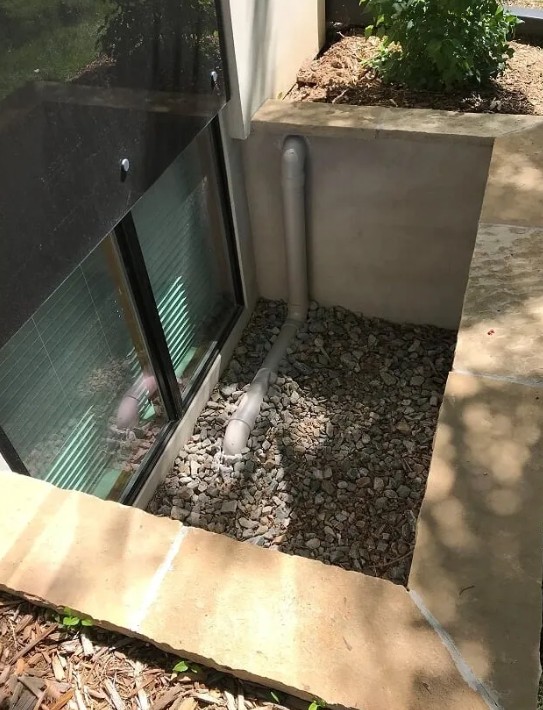Electrical safety is paramount in commercial and industrial settings, where high-powered machinery, equipment, and electrical systems pose significant risks if not properly managed. Commercial circuit breakers play a crucial role in ensuring the safety and reliability of electrical installations by protecting against overloads, short circuits, and faults. In this comprehensive guide, we’ll explore everything you need to know about commercial circuit breakers, including their function, types, selection, installation, and maintenance, to help you maximize electrical safety in your commercial or industrial facility.
1. Understanding the Function of Commercial Circuit Breakers
Commercial circuit breakers are electrical devices designed to protect electrical circuits and equipment from damage caused by overcurrents, short circuits, and faults. When an abnormal condition occurs, such as an overload or short circuit, the circuit breaker automatically trips, interrupting the flow of electricity and preventing potential fires, electrical shocks, and damage to equipment.
2. Types of Commercial Circuit Breakers
Molded Case Circuit Breakers (MCCBs): MCCBs are commonly used in commercial and industrial applications due to their compact size, high current-carrying capacity, and adjustable trip settings.
Miniature Circuit Breakers (MCBs): MCBs are smaller-sized circuit breakers designed for use in residential, commercial, and light industrial applications to protect individual circuits from overloads and short circuits.
Air Circuit Breakers (ACBs): ACBs are high-capacity circuit breakers used in industrial and commercial settings to protect large electrical systems and equipment from overcurrents and faults.
Ground Fault Circuit Interrupters (GFCIs) and Residual Current Circuit Breakers (RCCBs): GFCIs and RCCBs provide additional protection against electrical shocks by detecting ground faults and leakage currents in circuits.
3. Selecting the Right Commercial Circuit Breaker
When selecting commercial circuit breakers for your facility, consider factors such as:
Current Rating: Choose circuit breakers with appropriate current ratings to match the electrical load requirements of your equipment and systems.
Voltage Rating: Ensure that the voltage rating of the circuit breaker is compatible with the voltage levels of your electrical system.
Trip Characteristics: Select circuit breakers with trip characteristics suited to the specific needs of your application, such as thermal, magnetic, or electronic trip units.
Certifications and Standards: Verify that the circuit breakers comply with relevant industry standards and certifications to ensure safety and reliability.
4. Installation and Maintenance Best Practices
Proper installation and maintenance of commercial circuit breakers are essential for ensuring their safe and reliable operation. Follow these best practices:
Install circuit breakers according to manufacturer specifications and industry standards.
Regularly inspect circuit breakers for signs of damage, wear, or overheating.
Test circuit breakers periodically to verify their functionality and trip settings.
Clean and lubricate circuit breaker components as recommended by the manufacturer.
Train personnel on proper operation and maintenance procedures for circuit breakers.
5. Partnering with Reliable Electrical Equipment Suppliers
To ensure access to high-quality commercial circuit breakers and other electrical components, partner with reputable electrical equipment suppliers. Look for suppliers that offer a wide range of products, competitive pricing, and excellent customer service. By building a strong relationship with a reliable supplier, you can streamline procurement processes, access technical support, and ensure timely delivery of essential electrical components for your facility.
Conclusion
Commercial circuit breakers are essential components of electrical safety in commercial and industrial settings, protecting against overloads, short circuits, and faults. By understanding the function, types, selection, installation, and maintenance of commercial circuit breakers, facility managers, engineers, and maintenance personnel can maximize electrical safety and reliability in their facilities. Partnering with reliable electrical equipment suppliers is key to accessing high-quality circuit breakers and ensuring the success of electrical safety initiatives in commercial and industrial environments.


